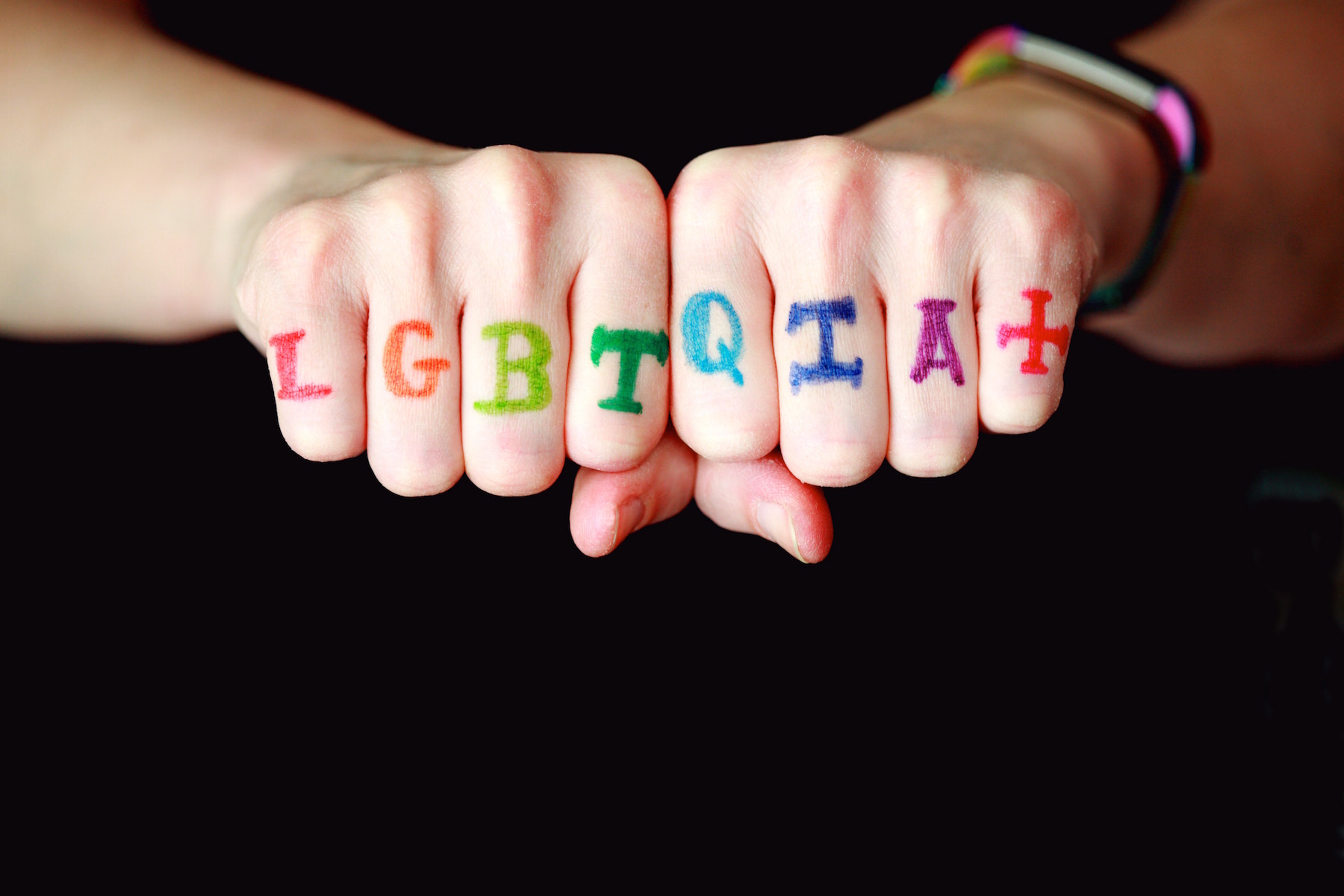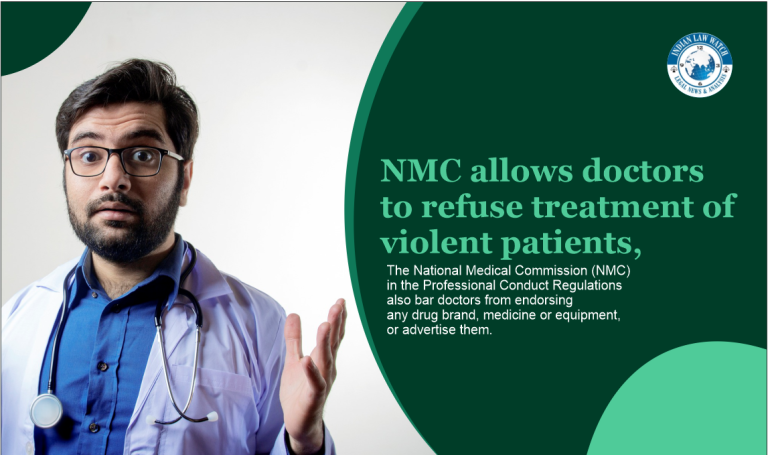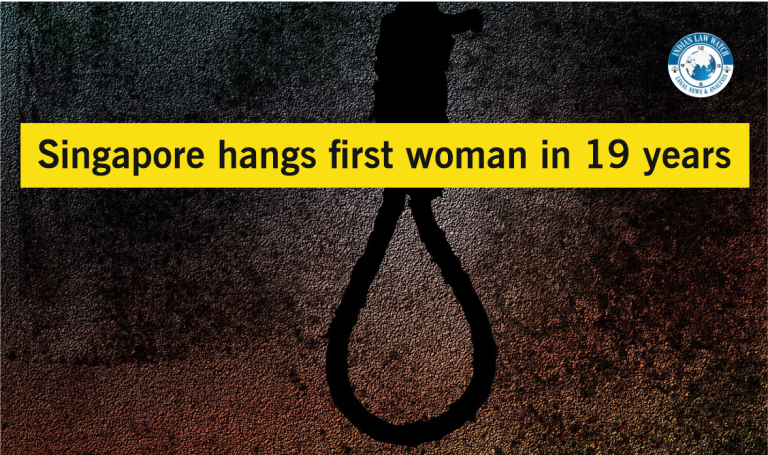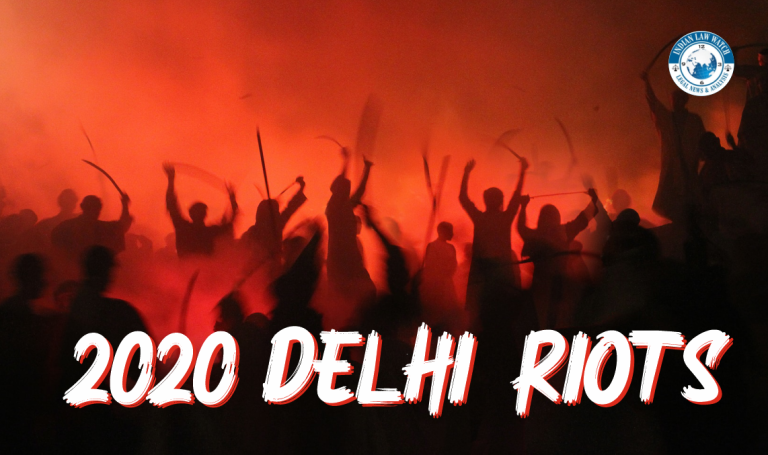
Society’s perspectives are changing over what was not acceptable earlier and so are laws evolving not only in India but across the world. One such subject can be witnessed with gay people who have gained many protections with changes in laws and norms surrounding the issue of same-sex marriage, discrimination and equal rights. Global acceptance of the LGBTQIA+ community, an acronym meaning lesbian, gay, bisexual, transgender and queer or questioning (,” representing people who were uncertain of their sexual orientations or gender identities) and Intersex, asexual or agender is on the rise. Now there’s also I, for intersex; A, for ally (or asexual, depending on whom you’re talking to); and often a plus sign meant to cover anyone else who’s not included: L.G.B.T.Q.I.A.+.
Europe
The legal landscape in places such as Poland and Hungary have seen a reversal of hard-won progress, with conservative governments stoking anti-LGBTQ sentiment for family values. The European Commission however launched legal cases against Hungary and some regions in Poland over LGBTQ discrimination.
Switzerland became one of the last remaining nations in Western Europe to approve same-sex marriage in September, with nearly two-thirds of voters backing it in a referendum. The law change will allow same-sex couples to marry in civil ceremonies and provide them with the same rights as other married couples. Foreign spouses will become eligible to apply for citizenship through a simplified procedure, and same-sex couples will be permitted to jointly adopt.
Asia
The tiny Himalayan kingdom of Bhutan became the latest Asian nation to decriminalize homosexuality this year. In February, King Druk Gyalpo signed off on a law passed by lawmakers, amending a line from Bhutan’s penal code that criminalized “sodomy or any other sexual conduct that is against the order of nature,” previously treated as a reference to gay sex.
Bangladesh elected its first transgender mayor in 2021. Nazrul Islam Ritu, who is “third gender,” the official designation for transgender people in the Muslim-majority nation.
Another Himalayan country, Nepal, introduced a third gender category in its census this year for the first time. Respondents have the option of choosing “others” as their gender, alongside male and female.
USA
US President Joe Biden ended a ban on service by transgender people in the military, reversed a policy which previously allowed health care companies to deny coverage to gay and transgender people and signed an executive order vowing to use American diplomacy and US foreign assistance to promote and protect LGBTQ rights internationally. The White House also announced the appointment of Jessica Stern as US special envoy for global LGBTQ issues.
In 2005, Canada was the fourth country in the world, and the first in the Americas, to implement same-sex marriage nationwide. Canada was referred to as the most gay-friendly country in the world, when it was ranked first in the Gay Travel Index chart in 2018, and among the five safest in Forbes magazine in 2019.
Africa
Botswana’s court of appeal in November upheld a 2019 ruling that decriminalized same-sex relationships, in what was hailed as a major victory for gay rights campaigners on the continent. Before the 2019 High Court ruling, engaging in gay sex in Botswana was punishable by up to seven years in prison.
South America
Earlier this month, Chile passed a historic bill granting equal marriage rights to same-sex couples. The country legalized same-sex civil unions in 2015, and had been eagerly awaiting the legalization of gay marriage since then-president Michelle Bachelet sent a bill to Congress in 2017.
India
India’s National Medical Commission has ordered publishers and medical schools to edit their textbooks and curricula to exclude discriminatory and unscientific portrayals of lesbian, gay, bisexual, transgender, and intersex (LGBTI) people. The order from the country’s highest medical regulator follows a June 2021 Madras High Court ruling instructing institutions across the country to roll back prejudicial and inaccurate portrayals of sexual and gender minorities. In the judgment, Judge Anand Venkatesh said, “Ignorance is no justification for normalizing any form of discrimination.” His language echoes previous court rulings and commission reports in India.
In 2018, when the Supreme Court unanimously struck down India’s colonial-era criminal prohibition on same-sex relations, Justice Indu Malhotra stated that, “an apology [is owed] to members of the LGBT community … for the ostracization and persecution they faced because of society’s ignorance.” In the case’s early stages, the Indian Medical Association made clear: “We are seriously concerned that homosexuality is looked upon as a disorder and in our joint petition appealed to the Supreme Court that it was not an illness.”
In January 2021, the Delhi Child Rights Commission recommended a ban on medically unnecessary “normalizing” surgeries on children born with intersex variations. This follows the southern state of Tamil Nadu banning such operations in 2019 after a court upheld the informed consent rights for intersex children. The commission’s recommendation received support from the Delhi Medical Council, which wrote that, “[s]urgical interventions … that are not deemed medically necessary should be delayed until the patient can provide meaningful informed consent.”
Image source:sharon-mccutcheon-unsplash





